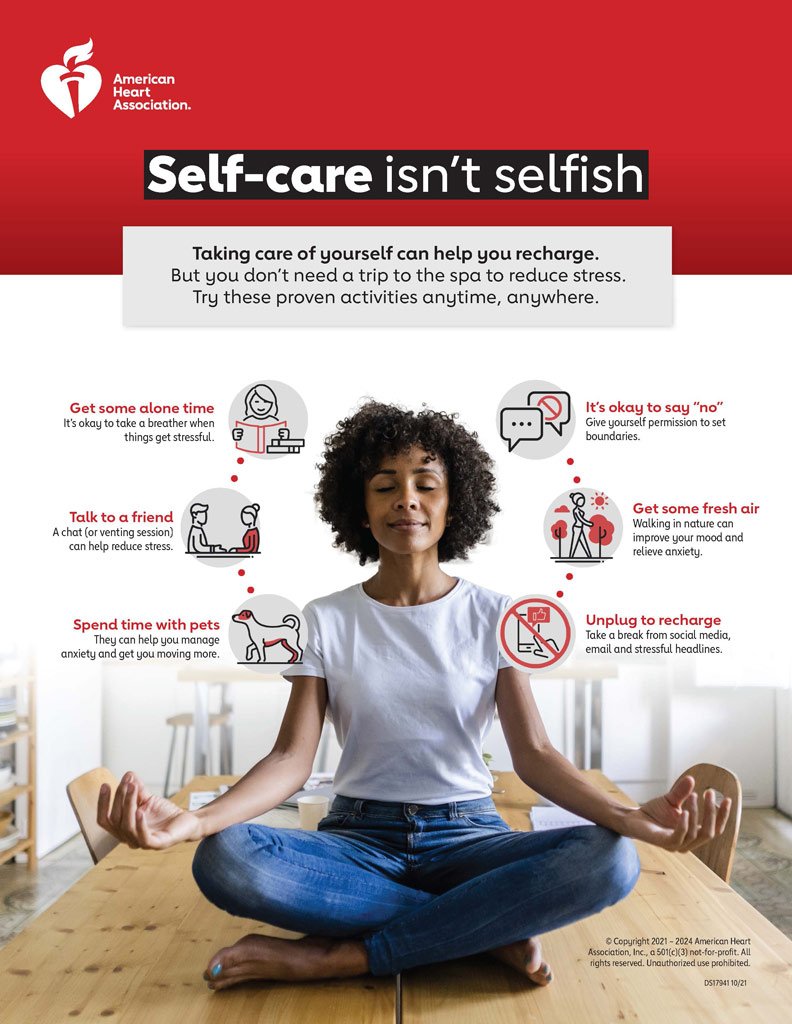Learn 7 science-backed daily habits that help reduce stress, boost mood, and recharge your energy by unplugging from digital overload.

📌 Introduction
In a world where we’re constantly connected, it’s no surprise that chronic stress is on the rise. Between social media notifications, endless emails, and digital distractions, our minds rarely get a chance to truly rest. But here’s the truth: you can’t pour from an empty cup. To reduce stress and regain your balance, you need to unplug and recharge daily. Here are 7 simple, science-backed habits to help you do just that.
Table of Contents
🔋 1. Start Your Day Without Screens
Why it works:
Exposure to your phone or emails first thing in the morning triggers the stress response and increases anxiety.
Try this instead:
- Spend the first 30 minutes tech-free
- Stretch, journal, or sip tea mindfully
- Let natural light wake you up instead of scrolling
🧠 Cortisol levels are naturally higher in the morning—don’t spike them further with digital overload.
🌿 2. Take a Midday Nature Break
Why it works:
Studies show that spending just 20 minutes in nature lowers cortisol levels and boosts mood.
Try this instead:
- Go for a walk in the park during lunch
- Sit under a tree or tend to your garden
- Leave your phone behind or on silent
🌱 Nature resets your nervous system and helps ground your thoughts.
3. Practice Intentional Breathwork
Why it works:
Deep breathing activates the parasympathetic nervous system, helping you calm down instantly.
Try this instead:
- 4-7-8 breathing (inhale 4 sec, hold 7, exhale 8)
- Box breathing (inhale, hold, exhale, hold – each for 4 sec)
- Practice 5 minutes in the morning or before bed
💡 Just five minutes a day can reduce anxiety and improve focus.
📵 4. Set Screen-Free Zones
Why it works:
Constant notifications keep your brain in a reactive state. Creating physical boundaries can reduce this stress.
Try this instead:
- Keep devices out of the bedroom
- Designate mealtime as phone-free
- Use “Do Not Disturb” settings after 8 PM
🛑 Boundaries around technology protect your peace of mind.
📖 5. Unwind with a Digital Detox Ritual
Why it works:
Ending the day on screens interferes with melatonin production and disrupts sleep quality.
Try this instead:
- Read a physical book
- Practice gratitude journaling
- Use dim lighting or candles in the evening
🌙 Quality rest starts with digital rest.
💧 6. Hydrate and Nourish Mindfully
Why it works:
Dehydration and blood sugar imbalances increase irritability, fatigue, and stress.
Try this instead:
- Drink water with lemon first thing in the morning
- Eat whole foods rich in magnesium (leafy greens, nuts, seeds)
- Avoid caffeine overload and processed sugars
🥗 What you eat and drink affects how you think and feel.
🤝 7. Reconnect with Real People
Why it works:
Social connection reduces the stress hormone cortisol and increases oxytocin (the feel-good hormone).
Try this instead:
- Call a friend instead of texting
- Share a meal without screens
- Volunteer or attend a local class
❤️ Human connection is one of the most powerful antidotes to stress.
✅ Key Takeaways
- Unplugging daily—even briefly—can dramatically reduce stress.
- Start and end your day tech-free.
- Prioritize breathwork, nature, and in-person connection.
- Create boundaries around screen time and nourish your body with in
Final Thoughts: Less Screen. More Peace.
You don’t need to escape to a retreat to find relief from stress. By unplugging with purpose and weaving in a few mindful habits each day, you can reset your brain, protect your energy, and boost your emotional well-being. Make these small shifts and notice how much calmer, clearer, and more connected you feel—no app required.